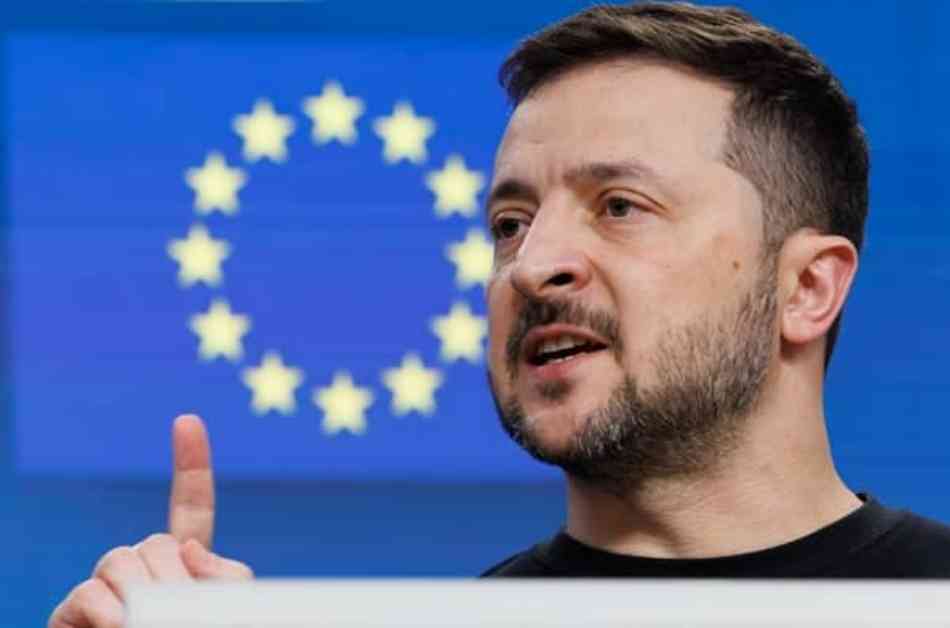European Union Prepared for Ukraine to Halt Cheap Russian Gas Flow
The European Union is bracing for a potential disruption in the flow of cheap Russian gas as Ukraine prepares to halt its transit to Hungary and Slovakia starting January 1, 2025. This decision comes as President Volodymyr Zelensky vows not to allow Vladimir Putin to profit at their expense, stating that Russia should not “earn additional billions on our blood.”
Slovakian Prime Minister Robert Fico, a known supporter of Putin, has made a visit to Moscow to discuss the implications of this move with the Russian President. Fico expressed concerns over the threat to electricity production in Slovakia, emphasizing that it is unacceptable for Ukraine to jeopardize their nuclear power plants.
Fico’s Meeting with Putin
During his discussions with Putin, Fico highlighted the financial damage and security risks Slovakia faces due to Zelensky’s stance on Russian gas transit. He underscored the importance of solidarity and cooperation among neighboring countries in addressing energy supply challenges.
EU’s Response and Preparation
The European Union has acknowledged the situation and stated that they are ready for the expected halt in gas transit via Ukraine. They have been working diligently to ensure alternative gas supplies for member states, emphasizing the flexibility and resilience of the European gas infrastructure. The EU reassured that the impact on their security of supply will be limited thanks to increased LNG import capacities.
Hungary’s Involvement
Meanwhile, Hungary has also entered the fray by attempting to circumvent the restrictions on Russian gas transit. Prime Minister Viktor Orban has proposed a strategy where gas purchased by Hungary would be considered Hungarian rather than Russian once it enters Ukraine, thereby allowing it to pass through the pipelines.
In the face of these complex geopolitical dynamics, the region is bracing for potential conflicts and disruptions in energy supply chains. The decisions made by key players like Ukraine, Russia, and neighboring countries will have far-reaching implications for the stability and security of the European energy landscape.
As the situation continues to evolve, it remains critical for all stakeholders to engage in dialogue, cooperation, and diplomacy to navigate these challenges effectively. The energy security of the region depends on finding sustainable solutions that prioritize the interests and well-being of all involved parties.












